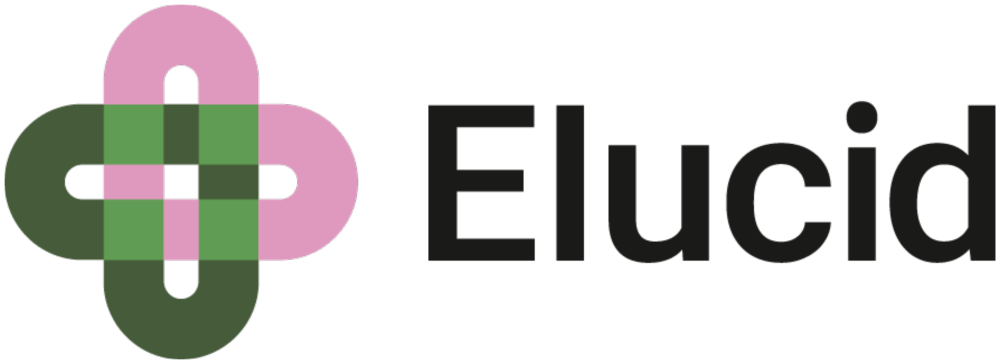Sustainable Agri-Food & Health Summer Reading List!

Looking for a non-fiction read this summer? Interested in sustainable agriculture, supply chains, or global health? Over here at Elucid, we spent the week asking our team members and topic leads which books they would recommend for a “Sustainable Agri-Food & Health Summer Reading List”. We’ve compiled the best recommendations here, so look no further for your next read: it’s right here!
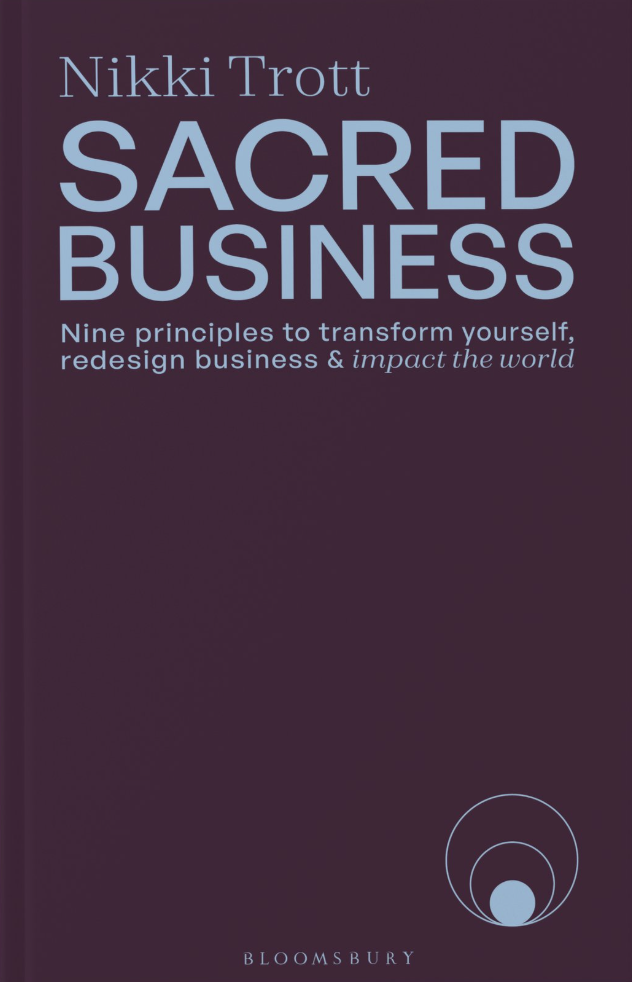
Sacred Business is a guide to building a different type of business: instead of one that “exploits people and the planet”, building something that can “heal, regenerate and truly make a difference”. We’d recommend this book for anyone who either runs, or is building their own business and wants to understand how it can be made as sustainable and empowering as possible.
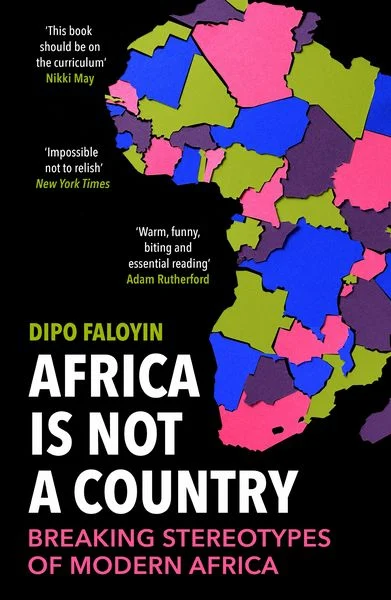
When someone says the word ‘Africa’ what’s the first thing you think of? Is it a village, with mud huts? Or is is a big city, like Berlin or Amsterdam? Do you unconsciously use stereotypes when thinking and talking about the African continent? This book might be for you, then! ‘Africa is Not a Country’ paints a different picture of Africa than is usually presented to us in the Global North, and might make you challenge your own preconceived notions of the continent.
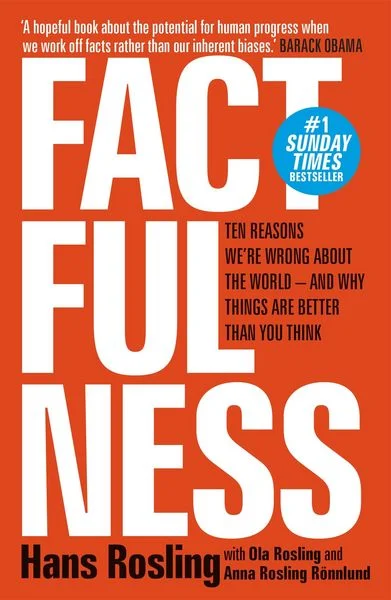
Sometimes, it’s easy to feel pessimistic. After all, isn’t poverty in low-income-countries getting worse? Isn’t the world getting more violent? Aren’t more diseases spreading? No – not quite! This book by Hans Rosling is a brilliant guide to questioning the ideas we have about the world, and also a handy starterpack for anyone interested in Global Health and Development. Short and snappy, this book will have you feeling much more optimistic about the state of the world once you’re through.
The Foreign Gaze: Essays on Global Health, by Seye Abimbola
Recommended by Samuel Knauss, Co-Founder and CEO
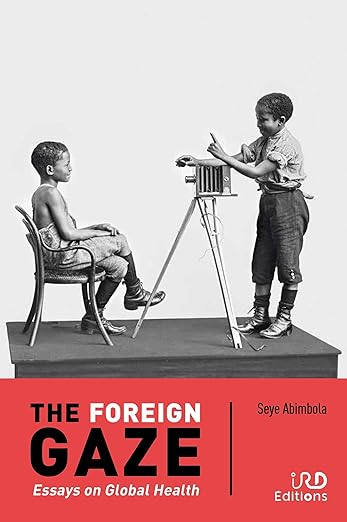
At Elucid, we don’t just implement health programs in supply chains: we do a lot of research, too. But it’s always important to consider our biases, and what unconscious ideas might be shaping our work. The Foreign Gaze: Essays on Global Health is a powerful book that highlights the ways that researchers might fall into the trap of viewing the countries we work in through a distant, biased, foreign gaze. We’d recommend this book to everyone, but in particular any researchers who want to make their work in other countries the best it can be!
Frostbite: How Refrigeration Changed Our Food, Our Planet, and Ourselves, by Nicola Twilley
Recommended by Anh Pham, Product Manager
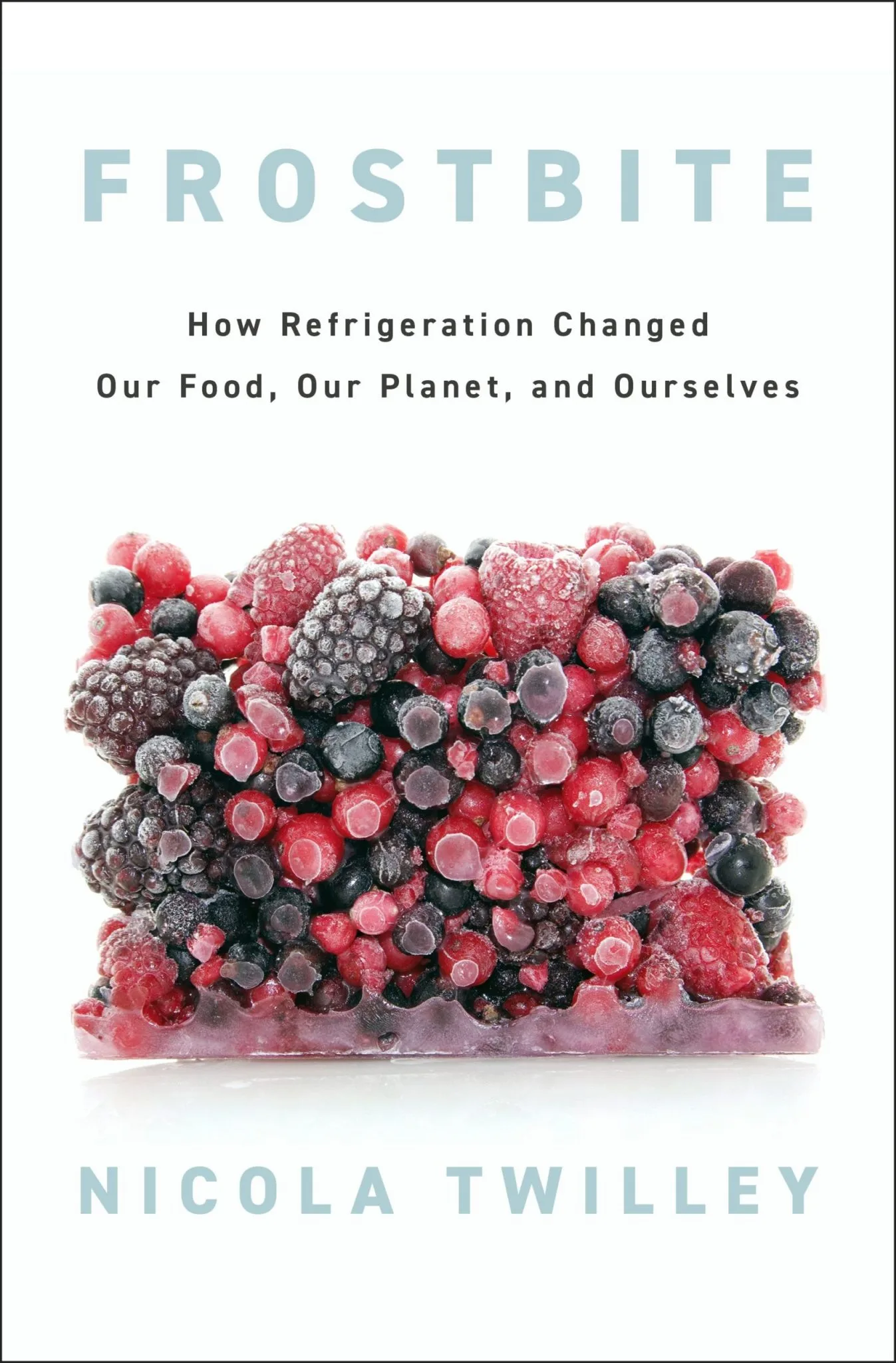
In the 21st century, we take so much for granted when it comes to the food on our plates. A slightly different look at agricultural supply chains through the angle of refrigeration: how does our food get from the field to our refrigerator, staying cool and healthy on its journey? If you’re already well-read on sustainability and supply-chain management, we can recommend giving this book a go for a slightly different perspective on how the food we rely on gets to us! Nicola is also the co-host of the Gastropod podcast, which ‘looks at food through the lens of science and history’, for anyone who prefers consuming knowledge auditively!
Food Politics: How the Food Industry Influences Nutrition and Health, by Marion Nestle
Recommended by Dyhia Hamdi, Assistant Data Analyst
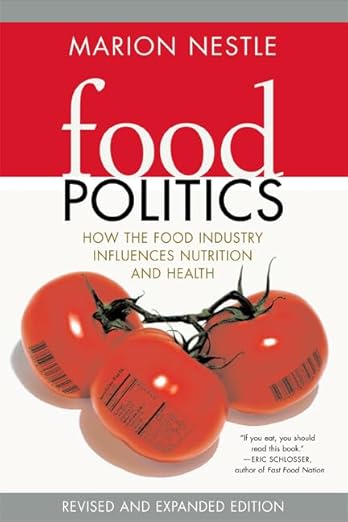
Marion Nestle is a nutritionist who uses this book to deep-dive into how the tactics of the food industry, influencing our diet, end up impacting our health. Do you want to understand more about how consumerism patterns influence our eating habits? Or understand how marketing by the food industry impacts the way we consume food? Then this is the book for you!
Working with Smallholders: A Handbook for Firms Building Sustainable Supply Chains, by the International Finance Corporation
Recommended by Amos Kouassi, Country Director Côte d’Ivoire
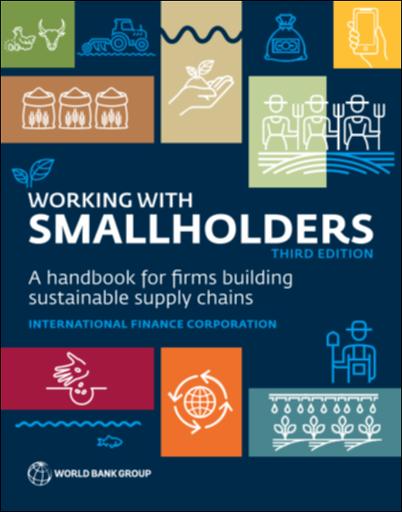
This book is a more technical read, but its great for any agribusiness looking to understand how to make their supply chain more sustainable and productive. Full of interesting case studies, this book is a perfect read for anyone looking to deepen their knowledge of agricultural supply chains, the work of smallholder farmers, and how collaboration with smallholder farmers can shape the supply chain! The best part is, you can read this book for free: it’s hosted on The World Bank’s Open Knowledge Repository as a PDF.
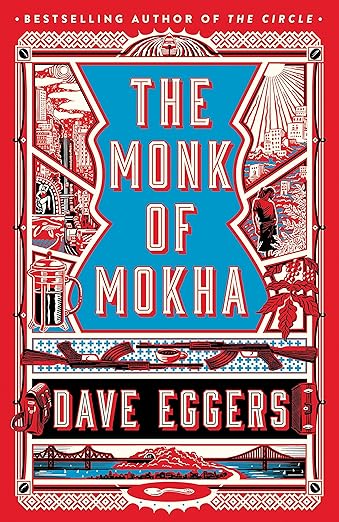
So far, we’ve been recommending non-fiction; but you can learn a lot about things from fictional stories, too! The Monk of Mokha is about a Yemeni man who falls in love with coffee’s history, and decides that he wants to revive the Yemeni coffee industry. However, civil war is breaking out, just when he is on the brink of his success. Want to know what happens? Well, give it a read yourself!
Best Things First, by Bjorn Lomborg
Recommended by Katy Addison, Global Strategy and Innovation Manager
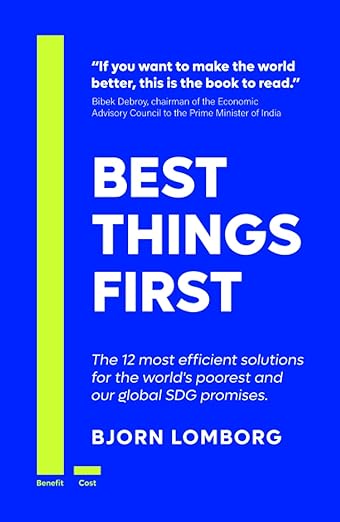
This book identifies the most cost-effective global solutions to the biggest challenges in the world. The take aways? Not all global problems are equal in terms of impact or cost-effectiveness, and the same goes for solutions. As funders are increasingly looking to ‘do more with less’, this book answers some of the hard questions around prioritisation, advocating for solutions to be smarter and more effective. If you like number-crunching and concrete solutions to global questions, this is the book for you!
Feeling something in a different format?
While we hope that the above list has got your next few reads covered, we know not everybody has the time to read a lot. If you’re looking for a different format, then these two recommendations, perfect for anyone wanting to learn more about commodity trading, by Raphaël Felenbok (Raphael Felenbok Advisory) our Topic Lead for Cocoa and Sustainable Sourcing, might be right up your street!
